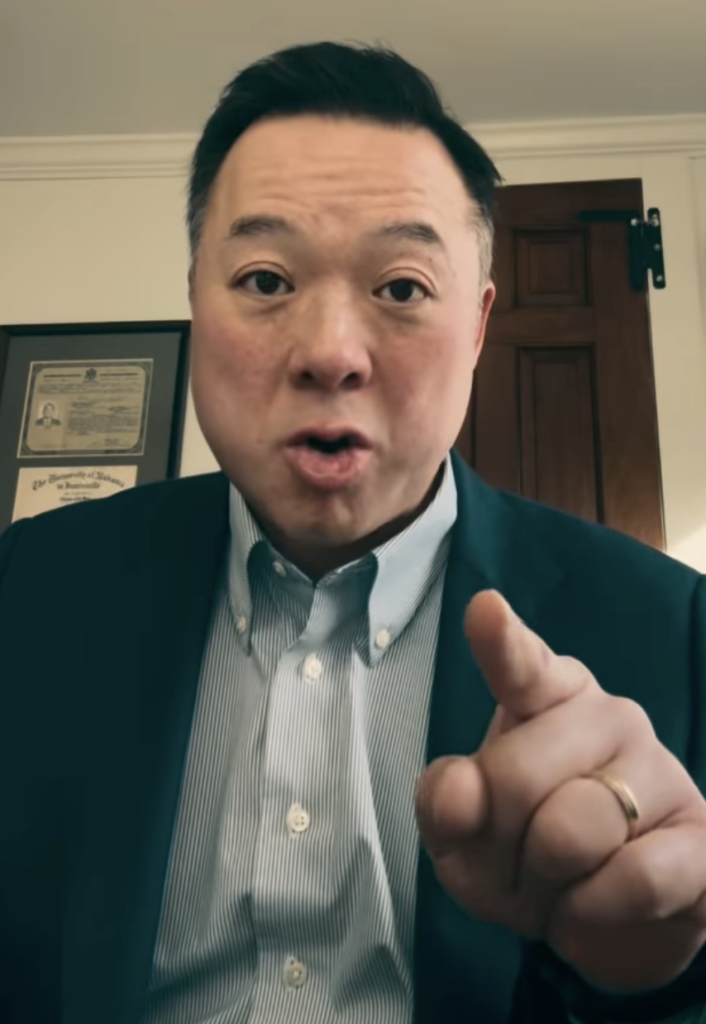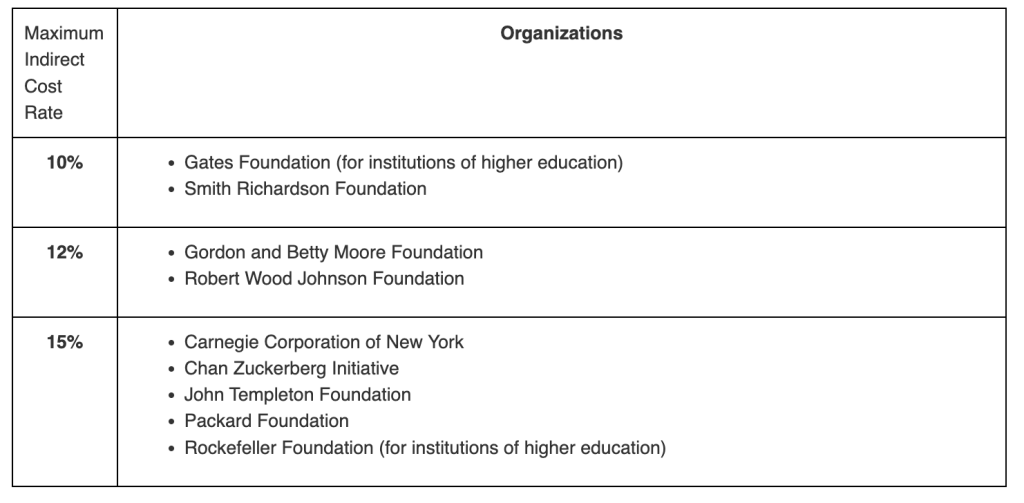
Please Follow us on Gab, Minds, Telegram, Rumble, Gettr, Truth Social, Twitter
Connecticut Attorney General William Tong and 21 other attorneys general today sued the Trump Administration, the Department of Health and Human Services, and the National Institutes of Health (NIH) over new guidance on indirect costs (e.g., depreciation, interest on debt, general administrative expenses) at universities and research institutions across the country that would bring such costs in line with market rates.
Pursuant to the new guidance, there will be a standard cost rate of 15% across all NIH grants for indirect costs in lieu of a separately negotiated rate for indirect costs in every grant.
Per NIH, it is "obligated to carefully steward grant awards to ensure taxpayer dollars are used in ways that benefit the American people and improve their quality of life. Indirect costs are, by their very nature, 'not readily assignable to the cost objectives specifically benefitted' and are therefore difficult for NIH to oversee."
The indirect cost rate reported by NIH has averaged between 27% and 28% over time. And many organizations are much higher—charging indirect rates of over 50% and in some cases over 60%.
Most private foundations that fund research provide substantially lower indirect costs than the federal government, and universities readily accept grants from these foundations.
For example, a recent study found that the most common rate of indirect rate reimbursement by foundations was 0%, meaning many foundations do not fund indirect costs whatsoever. In addition, many of the nation’s largest funders of research—such as the Bill and Melinda Gates Foundation—have a maximum indirect rate of 15%. And in the case of the Gates Foundation, the maximum indirect costs rate is 10% for institutions of higher education.

Nonetheless, the coalition is challenging the Trump Administration’s attempt to cut “indirect cost” reimbursements, claiming medical research "could be compromised."
"Indirect cost reimbursements are based on each institution’s unique needs, negotiated with the federal government through a carefully regulated process, and then memorialized in an executed agreement," wrote the coalition, which argued that the alleged "reckless and illegal conduct" would put "public health and medical advancements at risk.
The University of Connecticut and the University of Connecticut Health Center collectively received $620,648,927 in NIH funding this year.
The Trump plan would eliminate $35 million in funding at the University of Connecticut and the University of Connecticut Health Center.
The lawsuit was filed today in U.S. District Court for Massachusetts and can be found here.
“Donald Trump is defunding cancer research. He is defunding treatment for heart disease. He wants to defund research into autism, Alzheimer’s, and preventable newborn deaths. He wants to make us all sicker, and we cannot let him,” complained Attorney General Tong. “In his sloppy rush to slash funding, Trump has ignored federal law, and we are seeking a court order immediately blocking this illegal overreach.”
The coalition claimed that a 15% indirect cost rate is "significantly less than the cost required to perform cutting edge medical research." Further, the coalition is upset that universities and institutions have "no time to plan for the enormous budget gaps they are now facing" and that this action "could result in the suspension of lifesaving and life-extending clinical trials, disruption of research programs, layoffs, and laboratory closures."
The coalition also argues this action violates the Administrative Procedure Act, including a directive Congress passed during President Trump’s first term to fend off his earlier proposal to drastically cut research reimbursements. That statutory language, still in effect, that prohibits the NIH from requiring categorial and indiscriminate changes to indirect cost reimbursements. The coalition is seeking a court order barring the Trump Administration and NIH from implementing the action.
This lawsuit is being co-led by the attorneys general of Massachusetts, Illinois, and Michigan. Joining this coalition are the attorneys general of Arizona, California, Connecticut, Colorado, Delaware, Hawaii, Maine, Maryland, Minnesota, Nevada, New Jersey, New Mexico, New York, North Carolina, Oregon, Rhode Island, Vermont, Washington and Wisconsin.

We want to see an accounting of the actual indirect costs to weigh and consider their argument for their “required” higher than norm, 15%, allocation. Answer the question how is the money being spent? Let’s see your books.